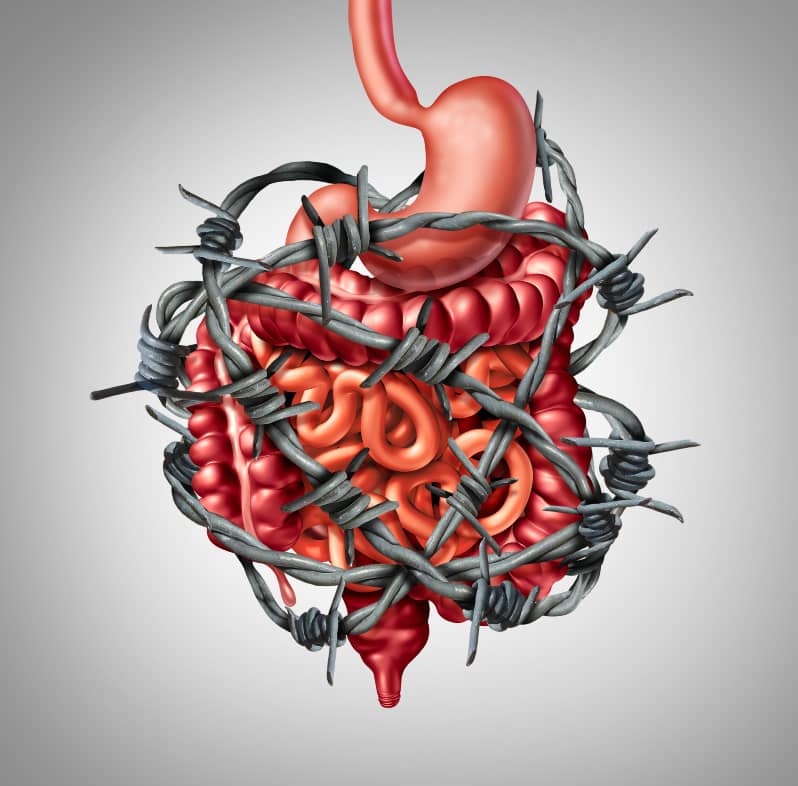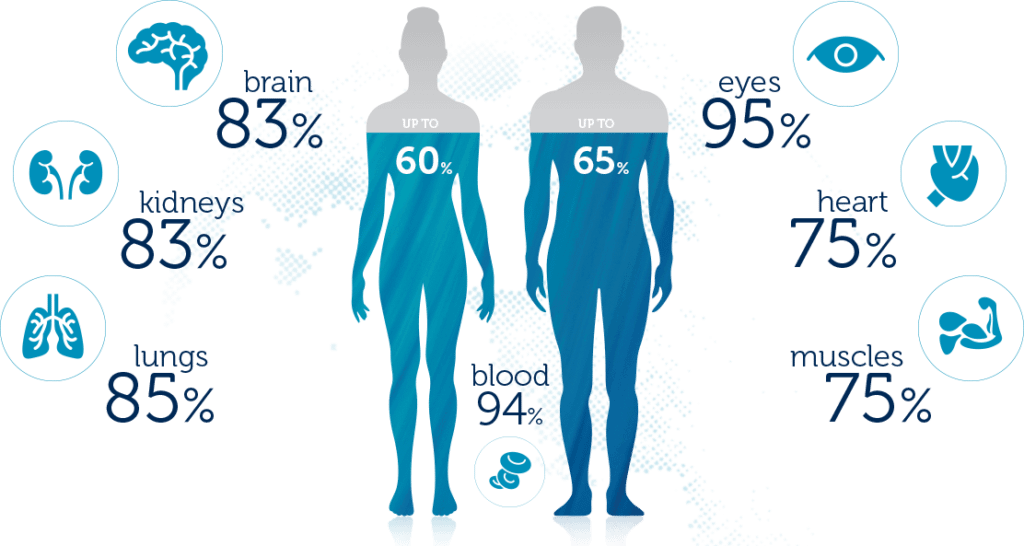What is Leptin?
Leptin is a master hormone that was discovered in 1994 (Wikipedia, 2015) and is a key regulator in appetite regulation, including the awareness of hunger and the feeling of fullness, known as satiety. Leptin regulates the body’s ability to burn fats for energy and the metabolism of the thyroid, and it assists the function of the hypothalamus within the brain to utilize fatty tissue as a fuel for energy. Leptin is one of the most powerful hormones for controlling weight, as it signals the body to know when to eat, how much it takes to feel full, and how to burn excess fats for fuel.
Oftentimes, overweight individuals have ample leptin floating through the bloodstream, but for reasons not quite fully understood yet, the cells responsible for the uptake of this hormone for appetite and fat metabolism are resistant to the leptin. This is what is termed leptin resistance. (Oz, 2014) Please note that leptin resistance is an equal opportunity mayhem maker: slender individuals can also harbor an imbalance in this hormone, especially if they or a family member are diabetic, alcoholic, or have other metabolic disorders.
What are the best ways to keep Leptin in balance?
• Eat meals at regularly timed intervals. Because leptin has to gradually build up throughout the day, peaking at midnight for optimal fat burning, time meals so that there is a 12 hour window between dinner and breakfast, and don’t eat a large meal within 3 hours of bed.
• Try to keep a 4-5 hour window between breakfast and lunch, with a light snack in-between, and 4-6 hours between lunch and dinner, with a mid-day snack, such as an apple and ¼ cup of raw nuts.
• Eat a healthy breakfast, with a long-acting protein and healthy carbohydrate, such as fruit with almond butter or sunbutter; whole grain non-GMO oats; and a protein source such as eggs.
• Add a teaspoon of organic, salt-free butter or cold-pressed coconut oil in your morning coffee. The long-acting fats will provide a source of fuel and break down slowly in the body, which enables the hormone, ghrelin (Klok, 2007), in the stomach to better regulate hunger and the proper timing of meals.
Because leptin affects so many different biological and chemical reactions in the body, it’s important to understand the basics of how it affects hunger, cravings, weight maintenance, fat burning and metabolism. If you tend to find yourself hungry all the time, waking with ravenous carbohydrate cravings, or grazing frequently throughout the day, it may be a good idea to ask your doctor or another health professional about testing for the leptin hormone. Making small changes in diet and timing of meals is a good way to start rebalancing the levels.
Contributed by Terri Caunt, R.N., B.S.N.
Bibliography
Klok, M. J. (2007, January). NCBI. Retrieved February 8, 2016, from U.S. National Library of Medicine National Institutes of Health: http://www.ncbi.nlm.nih.gov/pubmed/17212793
Oz, D. M. (2014, March 14). The Dr. Oz Show. Retrieved February 8, 2016, from Dr.Oz: http://www.doctoroz.com/article/leptin-resistance-fact-sheet
Wikipedia. (2015, November 22). Retrieved February 8, 2016, from Wikipedia The free encyclopedia: https://en.wikipedia.org/wiki/Leptin_receptor
Chemical picture source credit: http://www.guidechem.com/reference/dic-457857.html







